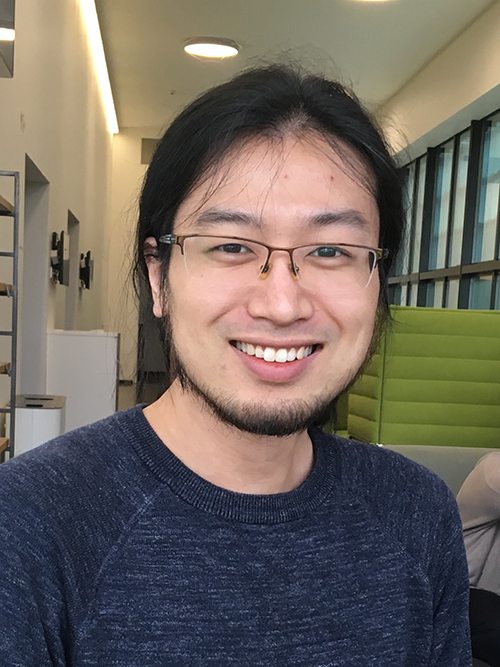Xiaoyu moved to Belgium to work in the semiconductor industry
Xiaoyu Piao graduated from the master's programme in Nanotechnology in 2018. After graduation, Xiaoyu moved to Leuven in Belgium to work as a Process Step Engineer at IMEC.

Hi Xiaoyu, what are you doing now?
I am working in IMEC (Interuniversity MicroElectronics Centre). IMEC is an international R&D and innovation hub aiming to be world-leading in nanoelectronics and digital technologies. IMEC employs around 4,000 researchers from more than 90 countries; it has numerous facilities dedicated to research and development around the world, including 12,000 square meters of cleanroom capacity for semiconductor processing. The IMEC headquarters are located in Leuven (Belgium).
My current position is called Process Step Engineer, which may come from different process modules (deposition, lithography, etch, cmp, etc.). As a process step engineer you are responsible for the development and optimization of a single step in an integrated flow process at the request of internal or external clients. You bridge the connections between researchers/customers and engineering departments during R&D activities. My process step is thin film deposition. I design experiments based on requests from internal and external projects and provide a deposition method (recipes) with their desired physical, electrical or optical properties. I also assist engineering departments with tool maintenance.
What can a regular day look like at your job?
Most days I need to work both in the office and cleanroom (fab). For the R&D part, normally I will follow up several projects and receive tasks through meetings. Based on requests I will start an event and design deposition and characterization experiments; these include creating recipes on tool. Some simple experiments I can release to operators and collect data for analysis, in some complicated cases, however, I have to process personally. In regard to the engineering part, my contributions mainly focus on SPC monitors and data analysis.
Why did you choose this programme at KTH?
Firstly, because KTH has a good reputation in both research and innovation in my country. And then the international-friendly atmosphere removed my concerns about living in a non-native English-speaking country.
Are there any insights you acquired during your studies that have been particularly useful for you in your career?
Fabrication process and characterization skills can be very useful for an engineering position. However, to build up a solid background for a research career, good knowledge in quantum physics and electronics will be a great help.
What were the best aspects of your studies at KTH?
I appreciated highly that the university provided a fantastic platform. Here you can find all kinds of opportunities to broaden your horizon: professors with their state-of-the-art research, cleanroom facilities from deposition to characterization tools to understand how chips are fabricated, how academic research collaborates with industrial applications. I experienced travelling to Germany for exchange studies and doing an internship in Belgium so that I would know what researchers in other countries are doing in the same field.
What is your best memory from your time at university?
There are a lot of great moments ... but I would choose the moment I received my diploma at the graduation ceremony held in Stockholm City Hall.
What are your plans for the future?
Staying in the semiconductor industry would be a good option, but I will also consider pursuing a PhD in the future. Let’s see!
